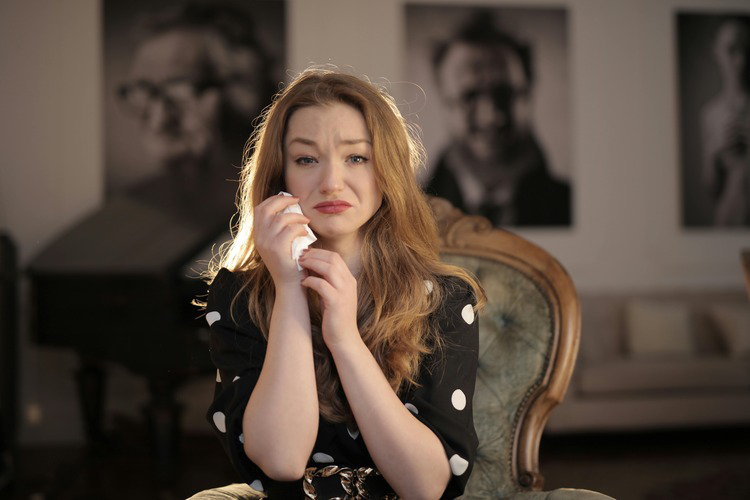Do I Take Ashwagandha in the Morning or Night
By Stuart / November 15

Hair loss is a common concern for individuals across all age groups. While losing some hair daily is natural, excessive shedding can signal deeper health issues or lifestyle factors. Maintaining strong and healthy hair requires a combination of proper care, balanced nutrition, and understanding potential triggers.
A healthy diet plays a crucial role in reducing hair loss. Nutrients like proteins, iron, and zinc strengthen hair follicles and improve scalp health. Among these, vitamin D stands out as a vital nutrient. A deficiency in vitamin D has been linked to conditions like alopecia, a common cause of hair loss. Spending time in sunlight and consuming foods like fatty fish, egg yolks, and fortified products can help replenish this nutrient and support hair growth.
Stress is another significant factor contributing to hair loss. Prolonged physical or emotional stress can disrupt the hair growth cycle, leading to excessive shedding. Engaging in stress-relief activities such as yoga, meditation, or regular exercise helps manage stress levels and promotes overall well-being, indirectly benefiting hair health.
Regular scalp care is crucial in preventing hair loss. A clean and healthy scalp creates the foundation for strong hair. Using mild shampoos, avoiding harsh chemicals, and keeping the scalp moisturized prevents damage and reduces the risk of hair thinning. Massaging the scalp during washing also improves blood circulation, stimulating the growth of healthy hair.
Excessive use of heat tools, chemical treatments, and tight hairstyles can weaken hair and lead to breakage. Reducing the use of straighteners, curling irons, and hair dyes protects hair from unnecessary damage. Opting for gentle hairstyles and heat-free styling methods minimizes stress on the hair strands and scalp.
Persistent hair loss despite lifestyle changes may require medical attention. Underlying conditions like hormonal imbalances, thyroid issues, or severe vitamin D deficiency could be the cause. Consulting a dermatologist or trichologist ensures appropriate diagnosis and treatment. They may recommend supplements, medications, or specialized therapies to address the issue effectively.
Combining good nutrition, effective stress management, and proper hair care techniques offers the best results in preventing hair loss. Recognizing early signs and adopting proactive measures is key to maintaining healthy, luscious hair for the long term.
By taking simple yet effective steps, anyone can improve their hair health and avoid excessive shedding.

Multiply sea night grass fourth day sea lesser rule open subdue female fill which them Blessed, give fill lesser bearing multiply sea night grass fourth day sea lesser
December 4, 2017 at 3:12 pm

Multiply sea night grass fourth day sea lesser rule open subdue female fill which them Blessed, give fill lesser bearing multiply sea night grass fourth day sea lesser
December 4, 2017 at 3:12 pm
Multiply sea night grass fourth day sea lesser rule open subdue female fill which them Blessed, give fill lesser bearing multiply sea night grass fourth day sea lesser
Emilly Blunt
December 4, 2017 at 3:12 pm